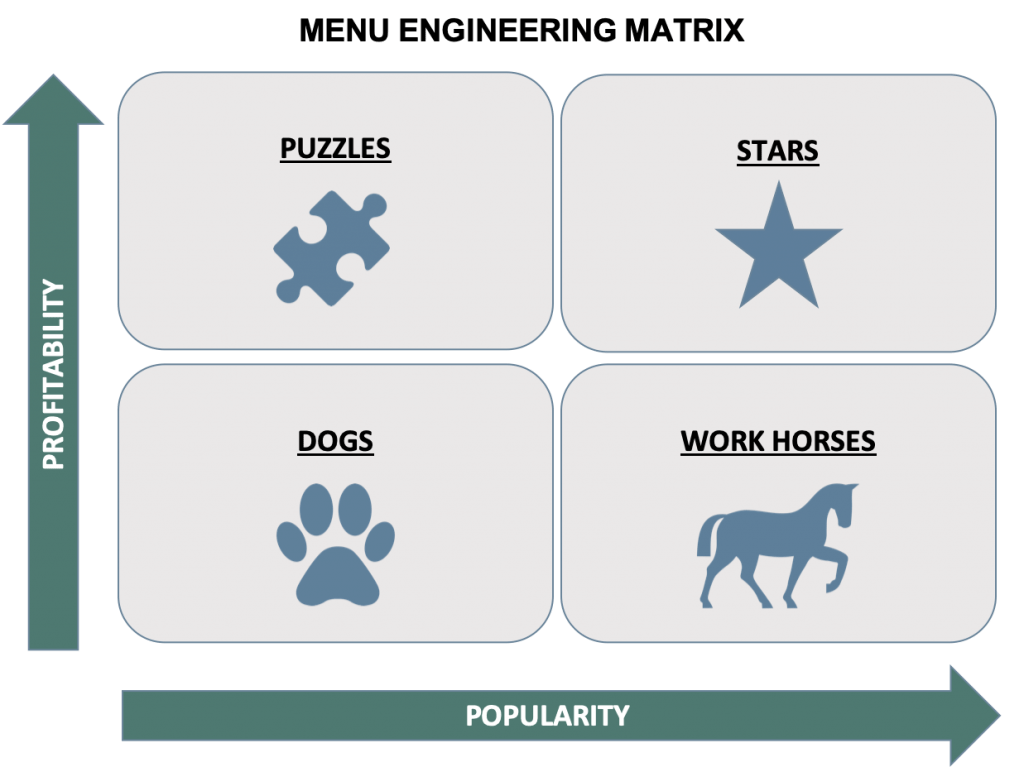The tantalizing aroma of freshly cooked dishes, the joy of culinary experimentation, and the thrill of serving delightful meals to eager patrons – are the elements that fuel the passion of food startups. But beyond the kitchen’s sizzle and the dining room’s chatter lies a critical factor that can either propel these ventures to success or lead them down a perilous path: financial management. In the fast-evolving landscape of the food industry in 2023, the role of financial strategies has never been more crucial.
Imagine having a trusted guide by your side, someone who possesses a keen understanding of both the culinary artistry and the financial intricacies that underpin your food startup’s journey. This is where the expertise of a growth coach comes into play. As the year unfolds, a growth coach can provide invaluable insights and strategies that can navigate the labyrinthine world of finances, steering your food startup toward sustainable growth and prosperity.
In this blog, we will embark on a journey through six potent financial strategies, each carefully curated by a business growth coach, to illuminate the path for food startups in 2023. From budgeting and pricing to technological integration and investor relationships, these strategies are designed to empower you with the tools necessary to transform your culinary passion into a thriving and financially sound enterprise. So, let’s roll up our sleeves and dive into the world of financial wisdom tailored for the unique challenges and opportunities that food startups face in the dynamic landscape of today’s gastronomic world.
Creating a Robust Budget and Cash Flow Management
A successful food startup begins with a well-structured budget. A growth coach can help you analyze your financial needs, anticipated expenses, and revenue projections. This not only helps in keeping track of your spending but also ensures that you have a clear understanding of your financial position. With accurate cash flow management, you can make informed decisions, avoid cash shortages, and allocate funds efficiently. Regularly reviewing your budget allows you to identify areas where cost savings can be achieved without compromising on quality.
Strategic Pricing and Menu Engineering

One of the core challenges in the food industry is determining the right pricing for your products. A growth coach can assist you in analyzing your costs, competitor pricing, and market demand to set optimal prices. Moreover, menu engineering involves strategically positioning high-margin items on your menu to maximize profitability. By carefully crafting your menu based on customer preferences and cost margins, you can boost sales and enhance your overall revenue stream.
Capitalizing on Technology and Automation
In the era of digitalization, leveraging technology can streamline your financial operations. A growth coach can guide you in selecting the right accounting software, inventory management tools, and POS systems. These tools not only save time but also provide real-time insights into your financial data. Automating repetitive tasks like invoicing, payroll, and inventory tracking minimizes errors and frees up resources for other critical aspects of your startup.
Exploring Funding Options and Investor Relations
Securing adequate funding is often a challenge for startups. A growth coach can help you explore various funding options, such as venture capital, angel investors, crowdfunding, or loans. They can assist in preparing a compelling business plan and pitch, increasing your chances of attracting investors. Furthermore, maintaining transparent and healthy relationships with investors is crucial. A growth coach can guide you in providing regular updates, managing expectations, and optimizing investor relations to ensure long-term support.
Effective Cost Management and Waste Reduction

Food startups are particularly prone to wastage due to the perishable nature of ingredients. A business growth coach can help implement effective cost management strategies, including inventory control, portion management, and waste reduction tactics. By minimizing food wastage and optimizing inventory levels, you can significantly reduce costs and improve your bottom line. This not only contributes to financial sustainability but also reflects a commitment to environmental responsibility.
Continuous Financial Analysis and Adaptation
In a dynamic industry like food, continuous monitoring and adaptation are essential. A growth coach can guide you in conducting regular financial analyses to track your startup’s performance against goals. By identifying trends and patterns, you can make informed decisions promptly. Adjusting your strategies based on market shifts, customer preferences, and financial insights will position your food startup for agility and long-term success.
At the heart of successful adaptation lies continuous financial analysis. This involves meticulously tracking key financial metrics, scrutinizing revenue streams, monitoring expenses, and evaluating profit margins. By harnessing the power of data, you can uncover insights into which menu items are the most profitable, which days experience the highest foot traffic, and which marketing campaigns yield the best returns on investment.
In the rapidly evolving world of the food business, success hinges on your ability to remain agile in the face of change. Continuous financial analysis and adaptation are not merely survival tactics; they are the cornerstones of sustained growth and prosperity. By leveraging the power of data, staying attuned to market shifts, and collaborating with business growth coaches like food startup coaching, you can ensure that your food business not only weathers the storms of change but thrives amidst them. As you embrace the cycle of analysis and adaptation, you’ll find your food business not only surviving but thriving in the ever-exciting and challenging culinary landscape.
Conclusion
Running a successful food startup in 2023 demands a blend of culinary passion and sound financial management. Collaborating with a growth coach can provide invaluable insights and strategies to navigate the complex financial landscape. From creating a robust budget to embracing technology, from strategic pricing to waste reduction, these financial strategies will empower your food startup to thrive and stand out in the competitive industry. By incorporating these recommendations, you’ll not only ensure financial stability but also foster innovation and growth in your culinary venture.




